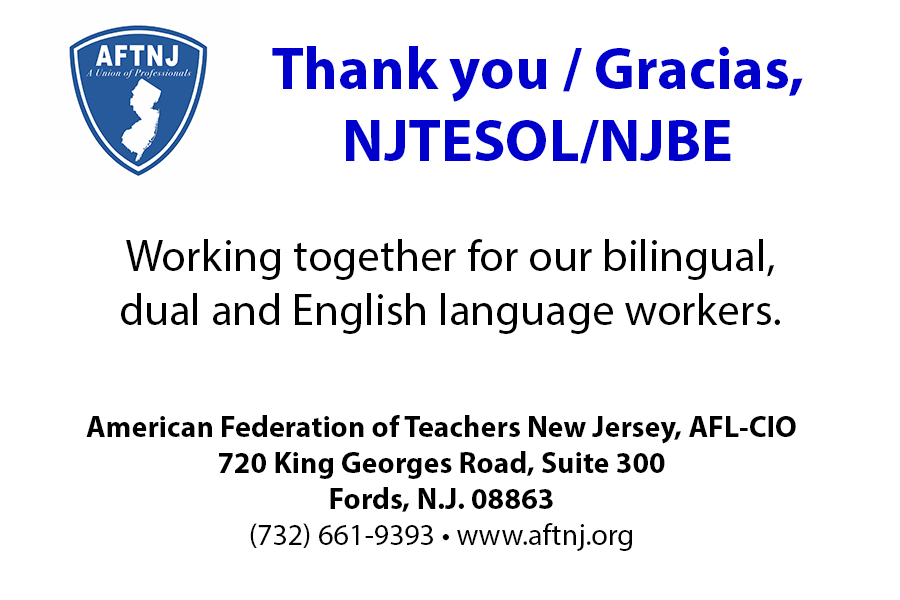AI Guidance For Schools Toolkit
From Code.org
 “This toolkit is designed to help education authorities, school leaders, and teachers create thoughtful guidance to help their communities realize the potential benefits of incorporating artificial intelligence (AI) in primary and secondary education while understanding and mitigating the potential risks.”
“This toolkit is designed to help education authorities, school leaders, and teachers create thoughtful guidance to help their communities realize the potential benefits of incorporating artificial intelligence (AI) in primary and secondary education while understanding and mitigating the potential risks.”
This comprehensive website offers not only explanations and guidance for creating policies, but also free resources that can be downloaded and adapted to use in presentations and discussions about AI use in schools. It offers advice on not only what to use, but also how to use it. The toolkit also welcomes inputs from visitors to the site.
Because AI is already pervasive, the authors strongly recommend/insist that creating policies must begin immediately and give this starting point. “The first step should be ensuring that AI use complies with existing security and privacy policies, providing guidance to students and staff on topics such as the opportunities and risks of AI, and clarifying responsible and prohibited uses of AI tools, especially uses that require human review and those related to academic integrity.”
The next step is professional development in which educators can share their successes as well as discovering what knowledge they still need. Then from this, to develop a “system-wide approach” for equitable use of AI throughout the district.
The authors predict that following these steps will result in improvements and even transformations such as “competency-based education powered by personalized learning, project-based learning aided by real-time and augmented feedback, and more time for teachers when AI is used to streamline administrative tasks” along with “an opportunity to expand evidence-based reforms”.

 NJTESOL/NJBE has so many amazing teachers throughout our state that it would be fitting to highlight some of them. Nominees could be colleagues who are available to answer questions about ELLs or the Bilingual Education code; educators who support students and their families beyond the classroom with projects, college applications, and extracurricular activities; someone who joins committees in support of ELLS or to implement positive change for the community. The nominee must be a member of NJTESOL/NJBE.
NJTESOL/NJBE has so many amazing teachers throughout our state that it would be fitting to highlight some of them. Nominees could be colleagues who are available to answer questions about ELLs or the Bilingual Education code; educators who support students and their families beyond the classroom with projects, college applications, and extracurricular activities; someone who joins committees in support of ELLS or to implement positive change for the community. The nominee must be a member of NJTESOL/NJBE.  AI 101 for Teachers is one of the pages linked from the site above. It’s a free learning tool from Partners Code.org, ETS, ISTE and Khan Academy. The authors prepared it in order to “demystify AI, explore responsible implementation, address bias, and showcase how AI-powered learning can revolutionize student outcomes.”
AI 101 for Teachers is one of the pages linked from the site above. It’s a free learning tool from Partners Code.org, ETS, ISTE and Khan Academy. The authors prepared it in order to “demystify AI, explore responsible implementation, address bias, and showcase how AI-powered learning can revolutionize student outcomes.”
